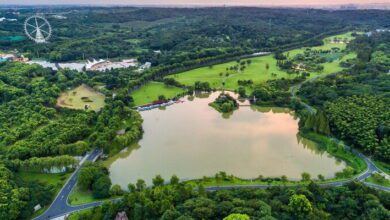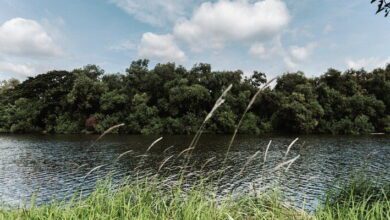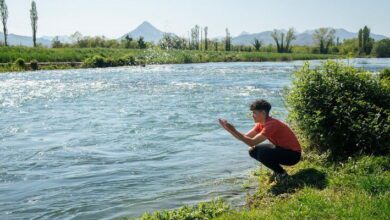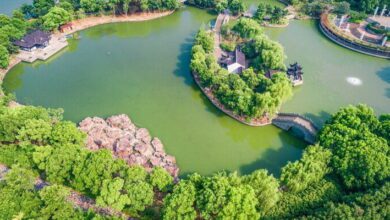Pond Ecology MCQs with Answers

Welcome to the Pond Ecology MCQs with Answers. In this post, we have shared Pond Ecology Online Test for different competitive exams. Find practice Pond Ecology Practice Questions with answers in Biology Tests exams here. Each question offers a chance to enhance your knowledge regarding Pond Ecology.
| Pond ecology is known as the science of studies undertaken to elucidate some interactions between living organisms and their environment in a pond ecosystem. Ponds are small, enclosed bodies of freshwater, providing homes for a wide variety of plant, algal, insect, fish, amphibian, and micro-organisms forms. They form complex food webs and play specific roles which preserve the entire balance of an ecosystem. The lowest producers in the food chain are algae and aquatic plants. They are to provide energy from the production of photosynthesis. The primary consumers become the snails and small insects, feeding on the producers. The secondary consumers are small fish, frogs, and predatory insects, as they feed on the herbivores. Large fish and birds act as the tertiary consumers, as they are the top predators. Decomposers-the bacteria and fungi-decompose dead organisms, thereby re-cycling nutrients back into the pond. This is important for growth of plants. The processes of nutrient recycling therefore support the nutrient cycle in keeping the ecosystem alive. For instance, the question of which species can colonize an environment is dependent on sunlight, temperature of the water, pH, and oxygen level. An ecosystem thus portrays the interaction between biotic and abiotic factors. More extraneous conditions such as pollution or overenrichment create conditions for algal blooms and hypoxia that provide an extreme test for biodiversity and ecosystems. |
Pond Ecology Online Quiz
By presenting 3 options to choose from, Pond Ecology Quiz which cover a wide range of topics and levels of difficulty, making them adaptable to various learning objectives and preferences. You will have to read all the given answers of Pond Ecology Questions and Answers and click over the correct answer.
- Test Name: Pond Ecology MCQ Quiz Practice
- Type: Quiz Test
- Total Questions: 40
- Total Marks: 40
- Time: 40 minutes
Note: Answer of the questions will change randomly each time you start the test. Practice each quiz test at least 3 times if you want to secure High Marks. Once you are finished, click the View Results button. If any answer looks wrong to you in Quizzes. simply click on question and comment below that question. so that we can update the answer in the quiz section.
Download Certificate of Quiz Pond Ecology
On the end of Quiz, you can download the certificate of the quiz if you got more than 70% marks. Add a certificate to your job application or social profile (like LinkedIn) and get more job offers.
Download Pond Ecology MCQs with Answers Free PDF
You can also download 100 Pond Ecology Questions with Answers free PDF from the link provided below. To Download file in PDF click on the arrow sign at the top right corner.
If you are interested to enhance your knowledge regarding English, Physics, Chemistry, Computer, and Biology please click on the link of each category, you will be redirected to dedicated website for each category.




